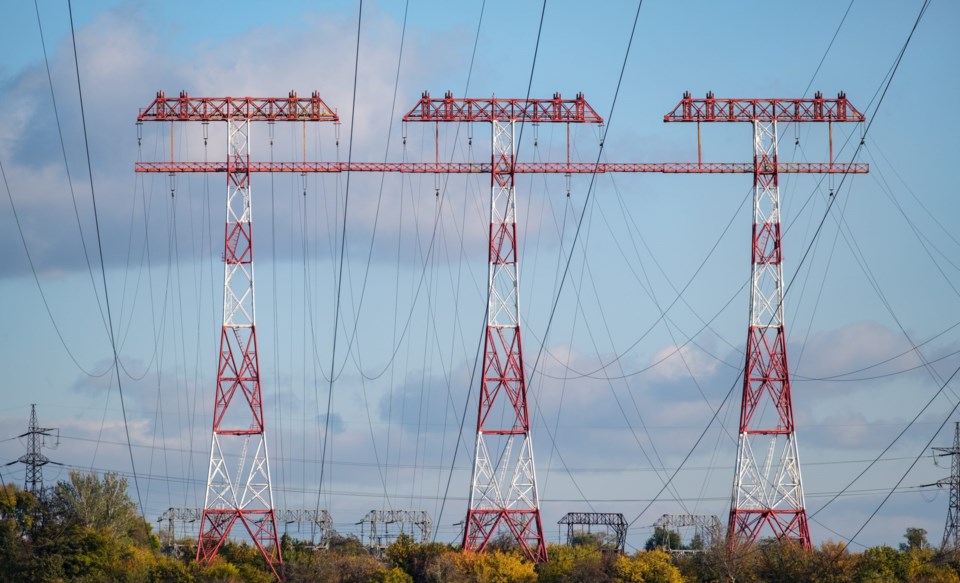Texans could face brownouts this summer as the Electric Reliability Council of Texas (ERCOT) expects a wave of extreme heat.
According to projections by ERCOT, the state's power grid operator, Texans may experience brownouts in the event of extreme scenarios caused by record demand this summer. The council has forecasted peak demand to reach 82,739 megawatts during the summer. The Texas grid broke the demand record 11 times in 2022 with demand reaching a high of approximately 80,000 megawatts during extreme heat, reported The Dallas Morning News.
Last summer, the National Weather Service issued a First Alert Weather Day until the evening of July 11, 2022, and ERCOT released a conservation appeal asking Texan residents and businesses to voluntarily conserve electricity. Then, on July 20, the all-time demand record briefly surpassed 80,000 megawatts, marking the first time it had ever been broken. The seasonal report had projected a peak demand of 77,317 megawatts.
The forecast for this summer suggests that an excess of renewable energy production dependent on weather conditions would have a more significant impact than ever before on the power grid, resulting in a decrease of 10,000 megawatts. This reduction in energy production is equivalent to the amount of electricity required to power two million homes.
The Dallas Morning News explained that these brownouts could have major political implications at the state Capitol. Currently, lawmakers are debating multiple proposals that could increase residents’ electric bills, use taxpayer dollars to build fossil fuel plants or both.
In the Texas Senate, Lt. Gov. Dan Patrick, who presides over the chamber, said he won’t let legislators go home until they can guarantee new steel in the ground in regard to subsidizing natural gas power plants.
Senator Charles Schwertner recently introduced a program proposal that would subsidize the construction of new natural gas power plants using taxpayer dollars. The plan involves the creation of a no-interest loan program for private companies to build these plants, with the companies receiving roughly 10% of construction costs if they begin construction before December 2024 and successfully integrate the power into the grid within three years.
This is the senator's second proposal to use public funds to establish new power plants. Previously, the Senate passed another bill authored by Schwertner, which allocated a minimum of $10 billion in taxpayer money to construct a fleet of natural gas plants that would serve as a "backup generator" for the power grid.




